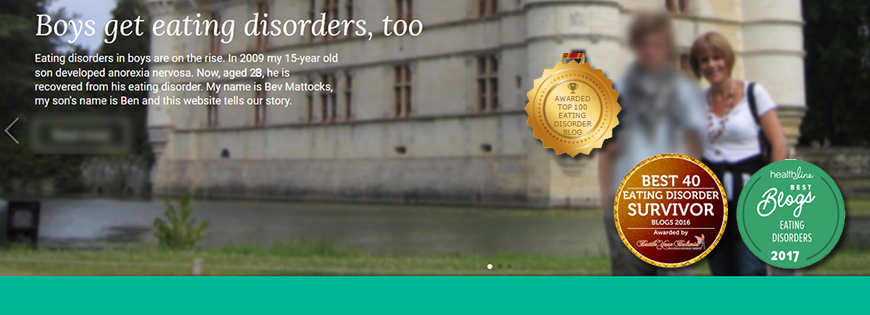Ben feels a deep, deep sadness at the way the anorexia stole so many years out of his life - and out of our lives, too. There's a real sense of mourning the "lost years": the years from 2009 onwards. He hates the way the eating disorder isolated him from his friends and all the fun things he could have done during those last three years at school. Although he still sees his old school friends on occasions (like tonight, for instance), it's nothing like it used to be, with Ben at the centre of things. He still feels that his friends treat him as "different" and he hates this.
In fact he hates the eating disorder with a vengeance.
He hates what it did to him.
He hates the way it destroyed so much of his life when things had been so promising.
He also hates the way society is so geared up to "the way you look", the body beautiful, the perfect physique and so on. Although society's obsession with body image doesn't cause eating disorders it can trigger weight loss as young people strive to be what they are not. But they aren't airbrushed perfect people. The world is full of beautifully "imperfect" bodies. Perfect bodies only happen in Photoshop.
Thankfully only a very small percentage of people who diet go on to develop an eating disorder because, it's believed, they are "predisposed" to developing the illness. In other words, it's down to the way their brains are "wired up".
And, as was demonstrated during World War II in the famous Minnesota Starvation Experiment, substantial weight loss and starvation can result in the brain beginning to behave strangely which is when the "textbook symptoms" of an eating disorder can emerge.
It was this social pressure to "look perfect" - the drive to get a six-pack and a beautiful body - that resulted in Ben, who had always been highly critical of himself, losing weight.
And then losing more.
Until he simply couldn't stop.
As I said to him yesterday, things might have been different if he had developed an eating disorder today, in 2017.
In our city, young people with eating disorders are (in theory) fast-tracked into The System much, much quicker. They also receive evidence-based Family Based Treatment (FBT). So if Ben had developed an eating disorder today (and we'd been aware of the symptoms), he might not have lost so many years to the anorexia.
But, as I also said to him, we can't change the past.
And, despite everything, there are Good Things that came out of the experience: Ben's fortitude and courage as he refused to let the eating disorder steal any more years from his life is a major example.
He fought and overcame an illness that can and does kill.
This mourning of the "lost years" is another reason why I don't believe that Ben is heading for an eating disorder relapse.
But, of course, I will always keep my eye on the ball "just in case"...

No comments:
Post a Comment